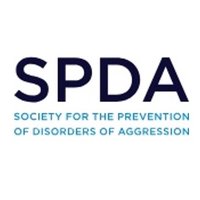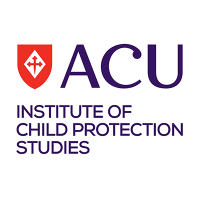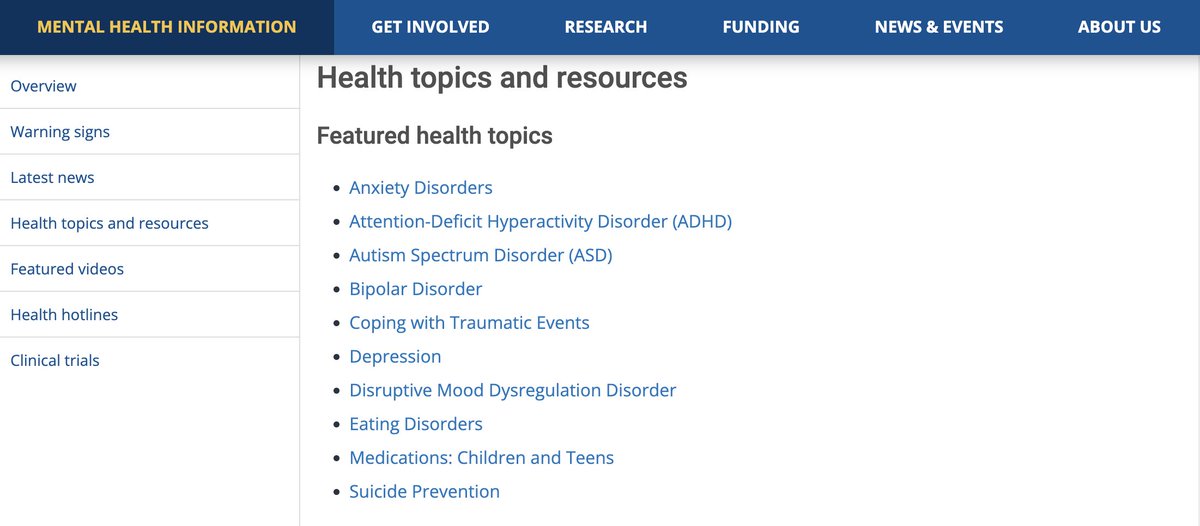
Georgie Fleming
@drgfleming
Academic & clin psych @UNSW. Conduct probs, callous-unemotional traits & Parent-Child Interaction Therapy. Big fan of novelty earrings, appalling hiker. She/her
ID: 1125959720164941824
08-05-2019 03:04:51
591 Tweet
520 Followers
469 Following






It is both possible and useful to assess prosocial emotions (callous-unemotional traits) in children as young as 2 using the Clinical Assessment of Prosocial Emotions (CAPE). Bryan Neo Georgie Fleming Eva Kimonis psycnet.apa.org/doiLanding?doi…


More funding is needed to learn about which parenting programs work. Parents can be essential change-agents in their children’s lives & when they have better support, chn do better. See paper published by members of the Parenting and Family Research Alliance alliance: onlinelibrary.wiley.com/doi/10.1111/17…



It is frustrating when a major publication like The Atlantic publishes an article about *psychopathy* and other 'dark' traits and then titles it: "The Sociopaths Among Us." Media: please stop doing this! Here is a primer on why the correct term is "psychopathy". Dr. Arthur Brooks




Why does the National Institute of Mental Health (NIMH) website still omit information about two of the most common mental disorders of childhood: Conduct Disorder and Oppositional Defiant Disorder? Parents of children with these disorders need help and information, too, Director, National Institute of Mental Health. nimh.nih.gov/health/topics/…


Such a joy doing this Psychopathy Society pre-conference workshop in glorious Paphos, Cyprus with Eva Kimonis. I could think of much worse locations that’s for sure


Systematic narrative review supports links between early temperament factors at ages 0-3 years and callous-unemotional traits at ages 3-13 years, but calls for more research in this space Vivian Chau rdcu.be/dXGca

